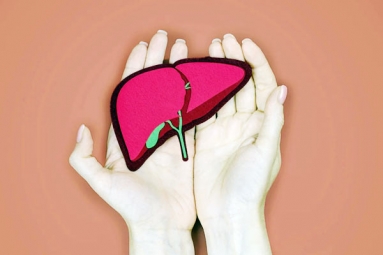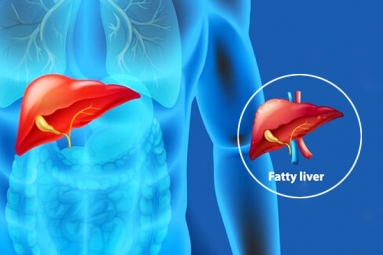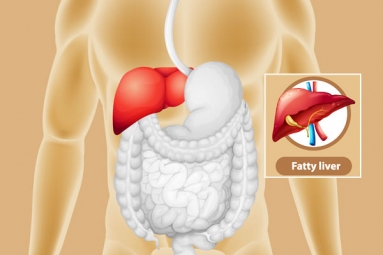
(Image source from: Canva.com)
Fatty liver, especially when not treated, can greatly raise the chances of getting other serious health issues. When there is too much fat in the liver, it can cause swelling and harm liver cells, which might result in non-alcoholic steatohepatitis, fibrosis, and cirrhosis. Apart from harming the liver, fatty liver is also strongly connected to metabolic problems, like insulin resistance and long-lasting inflammation. These issues can affect other parts of the body, increasing the chances of heart disease, diabetes, kidney issues, and even some types of cancer. Continue reading as we discuss the diseases linked to having fatty liver. Here are some dangers related to fatty liver:
Type 2 diabetes: Fatty liver is often linked with insulin resistance. When the liver has too much fat, it does not respond well to insulin, which is the hormone that controls blood sugar levels. This lack of response can eventually lead to type 2 diabetes. Those with non-alcoholic fatty liver disease are much more likely to develop diabetes, and the reverse is also true.
Heart disease: Fatty liver is a significant risk factor for heart disease. The liver is essential in managing cholesterol and fat in the body. When it does not work well, harmful LDL cholesterol and triglyceride levels can rise, leading to plaque buildup in the arteries. Non-alcoholic fatty liver disease is now seen as an independent risk factor for atherosclerosis and heart attacks.
Chronic kidney disease: The swelling and oxidative stress caused by fatty liver can also damage the kidneys. Research indicates that people with non-alcoholic fatty liver disease are at a higher risk of experiencing decreased kidney function, even if they do not suffer from diabetes or high blood pressure, which are common risks for kidney problems.
PCOS: Women who have PCOS often face insulin resistance, which is a significant cause of fatty liver. These two issues frequently happen together and can make each other worse. PCOS can lead to more fat build-up in the liver, whereas fatty liver can disrupt hormone balance, resulting in irregular periods and problems with fertility.
Sleep apnea: Obstructive sleep apnea is usually connected to obesity and metabolic syndrome, both of which are also linked to fatty liver. Lack of good sleep and periods of low oxygen can increase inflammation and fat storage in the liver, creating a cycle that leads to worsening health.
Hypothyroidism: A slow thyroid means the metabolism is not working efficiently, which can cause weight gain and fat accumulation in the liver. Those with hypothyroidism are at a higher risk of developing fatty liver, and if thyroid issues are not treated, it can be more difficult to reverse fatty liver.
Liver cirrhosis: If fatty liver develops into non-alcoholic steatohepatitis (NASH), ongoing inflammation and scarring can lead to liver fibrosis and ultimately cirrhosis. This advanced liver disease can severely affect how the liver functions and may even necessitate a liver transplant in severe cases.
Colorectal cancer: Studies indicate a connection between fatty liver and a higher risk of cancer in the colon and rectum. The long-term low-level inflammation and metabolic issues related to fatty liver may foster an environment that supports cancer cell growth in the digestive tract.
Fatty liver serves as both a sign and a cause of more extensive metabolic issues, making it essential to detect it early and make lifestyle changes.












